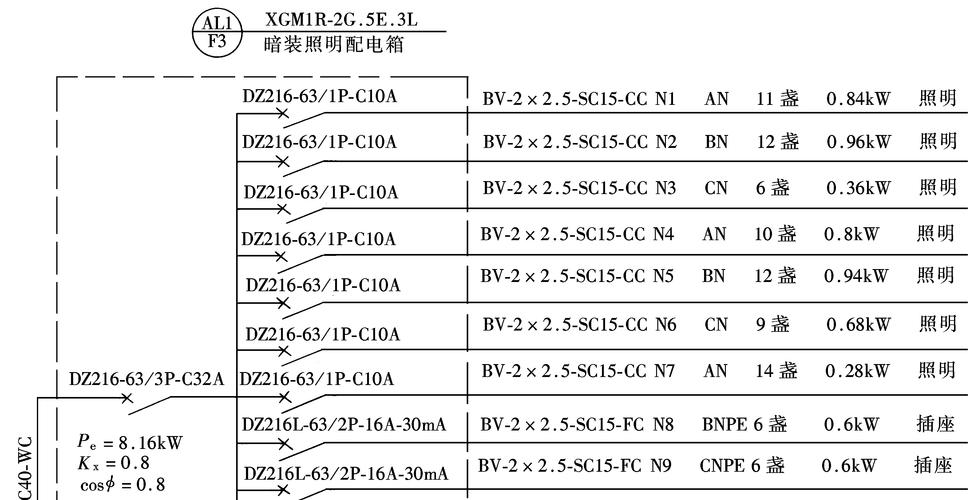在uni-app中,如果你想为过去24小时内更新的文章后面添加特定图标,你需要首先确保每篇文章对象中包含一个表示其更新时间的字段(比如updatedAt)。然后,你可以在组件中遍历文章数组,并检查每篇文章的更新时间,以确定是否需要在其后添加图标。

以下是一个简单的ArticleList.vue组件示例,它展示了如何实现这一功能:
vue复制代码
| <template> | |
| <view class=”article-list”> | |
| <view v-for=”(article, index) in filteredArticles” :key=”index” class=”article-item”> | |
| <text>{{ article.title }}</text> | |
| <!– 如果文章是24小时内更新的,则添加图标 –> | |
| <image v-if=”isRecent(article.updatedAt)” class=”updated-icon” src=”path/to/your/icon.png” mode=”aspectFit”></image> | |
| </view> | |
| </view> | |
| </template> | |
| <script> | |
| export default { | |
| name: ‘ArticleList’, | |
| props: { | |
| articles: { | |
| type: Array, | |
| default: () => [] | |
| } | |
| }, | |
| computed: { | |
| // 假设我们只关心前10条文章,并检查这些文章中哪些是24小时内更新的 | |
| // 如果需要处理全部文章,可以去掉这个计算属性,直接在v-for中使用articles | |
| filteredArticles() { | |
| // 这里只是简单地返回了前10条文章,实际中你可能需要根据实际情况进行过滤 | |
| return this.articles.slice(0, 10); | |
| } | |
| }, | |
| methods: { | |
| // 检查文章是否在过去24小时内更新 | |
| isRecent(updatedAt) { | |
| const now = new Date(); | |
| const updated = new Date(updatedAt); | |
| // 计算时间差(毫秒) | |
| const timeDiff = now – updated; | |
| // 将时间差转换为小时 | |
| const diffHours = timeDiff / (1000 * 60 * 60); | |
| // 如果时间差小于24小时,则认为文章是最近更新的 | |
| return diffHours < 24; | |
| } | |
| } | |
| } | |
| </script> | |
| <style scoped> | |
| .article-list { | |
| padding: 10px; | |
| } | |
| .article-item { | |
| display: flex; | |
| align-items: center; | |
| margin-bottom: 10px; | |
| } | |
| .article-item text { | |
| flex: 1; | |
| margin-right: 10px; /* 为图标留出空间 */ | |
| } | |
| .updated-icon { | |
| width: 30px; | |
| height: 30px; /* 根据你的图标大小调整 */ | |
| } | |
| </style> |
请注意,updatedAt字段应该是一个能够被Date构造函数解析的日期字符串或时间戳。在这个示例中,isRecent方法用于检查每篇文章的updatedAt时间,以确定它是否在过去24小时内。如果是,则在该文章后面添加一个图标。
此外,我添加了一个filteredArticles计算属性来模拟只处理前10条文章的情况。然而,如果你希望处理整个articles数组(而不仅仅是前10条),你可以直接在v-for指令中使用articles数组,并省略filteredArticles计算属性。
请确保将path/to/your/icon.png替换为你项目中实际的图标路径。
© 版权声明
文章版权归作者所有,未经允许请勿转载。
相关文章

暂无评论...









